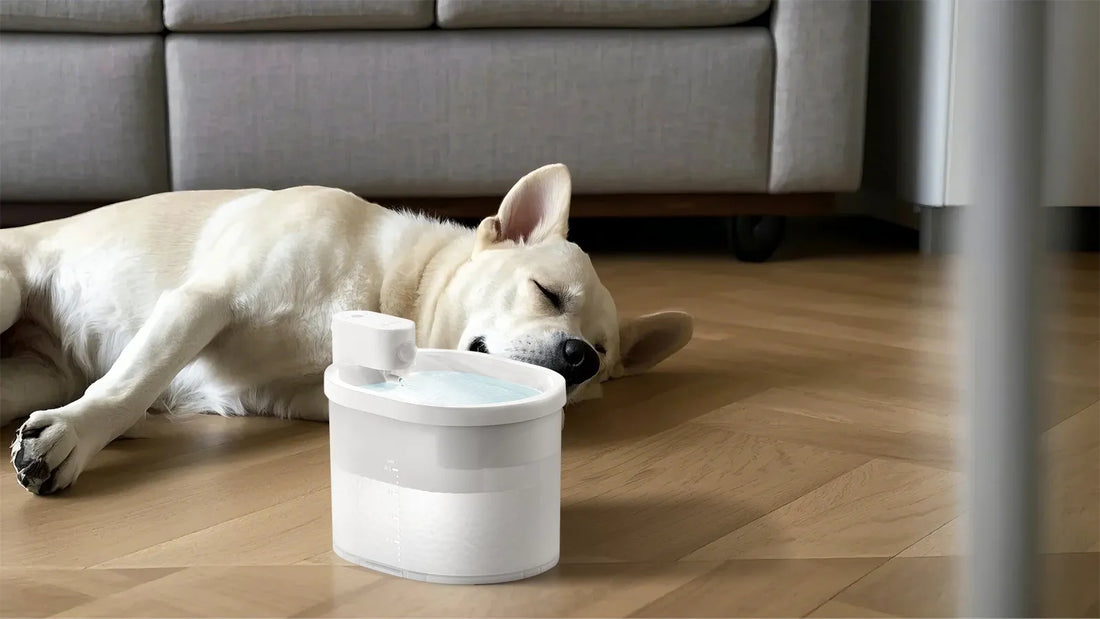Have you ever wondered how long your cat can hold it in before needing to use the litter box? Whether you're planning a long trip or just curious about your feline friend's habits, understanding this aspect of cat behavior is crucial for their well-being. Cats are known for their independence, but when it comes to their bathroom habits, they rely on us to provide a clean and accessible space. Let's dive into the factors that determine how long a cat can go without using the litter box and how you can support their needs.
Understanding a Cat's Natural Instincts
Cats are naturally clean animals, and their instincts drive them to bury their waste to avoid attracting predators. This behavior is deeply ingrained, and most cats will seek out a litter box or a suitable alternative when they need to go. However, the frequency at which a cat needs to use the litter box can vary based on several factors, including age, diet, and health.
Factors That Influence Litter Box Usage
Age
Kittens and senior cats may need to use the litter box more frequently than adult cats. Kittens have smaller bladders and less control over their bodily functions, while older cats may experience health issues that increase their need to urinate or defecate.
Diet
The type of food your cat eats can also impact how often they need to use the litter box. Wet food, which contains more moisture, may lead to more frequent urination, while dry food might result in less frequent but larger bowel movements.
Health
Health conditions such as urinary tract infections, diabetes, or kidney disease can significantly affect a cat's bathroom habits. If you notice any changes in your cat's litter box usage, it's essential to consult a veterinarian to rule out any underlying health issues.
How Long Can a Cat Go Without Using the Litter Box?
On average, a healthy adult cat can go without using the litter box for about 24 to 48 hours. However, this is not a hard and fast rule, and individual cats may have different needs. It's important to note that forcing a cat to hold it in for extended periods can lead to health problems, such as urinary tract infections or constipation.
Signs Your Cat Needs to Use the Litter Box
If your cat is unable to access a litter box, they may exhibit certain behaviors that indicate they need to go. These signs can include restlessness, meowing, scratching at the floor, or even attempting to find a hidden spot to relieve themselves. Paying attention to these cues can help you ensure your cat's needs are met.
Tips for Managing Litter Box Usage
Provide Multiple Litter Boxes
If you have more than one cat, it's a good idea to provide multiple litter boxes to avoid competition and ensure each cat has access to a clean space. The general rule is to have one litter box per cat, plus one extra.
Keep the Litter Box Clean
Cats are more likely to use a clean litter box, so it's essential to scoop it daily and change the litter regularly. A dirty litter box can lead to accidents outside the box or even health issues.
Choose the Right Location
The location of the litter box can also impact your cat's willingness to use it. Place the litter box in a quiet, easily accessible area where your cat feels safe and comfortable.
What to Do If Your Cat Stops Using the Litter Box
If your cat suddenly stops using the litter box, it could be a sign of stress, illness, or dissatisfaction with the litter box itself. Start by ruling out any health issues with a visit to the vet. If your cat is healthy, consider making changes to the litter box setup, such as trying a different type of litter or moving the box to a new location.
Traveling with Your Cat
If you're planning a trip with your cat, it's essential to plan for their litter box needs. Portable litter boxes are available for travel, and you should aim to provide your cat with access to a litter box every 4 to 6 hours. If you're unable to bring a litter box, consider using disposable options or training your cat to use a specific spot outdoors.
Emergency Situations
In emergency situations where your cat may be unable to access a litter box, such as during a natural disaster or power outage, it's crucial to have a plan in place. Keep a supply of disposable litter boxes and litter on hand, and ensure your cat has access to a safe and clean space to relieve themselves.
Understanding how long a cat can go without using the litter box is essential for their health and happiness. By paying attention to their needs and providing a clean and accessible space, you can ensure your feline friend stays comfortable and stress-free. Remember, every cat is unique, so it's important to observe their habits and make adjustments as needed. Your cat relies on you to meet their needs, so take the time to understand and support their bathroom habits for a happy and healthy life together.














